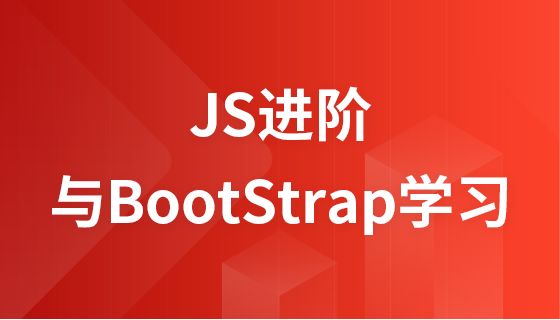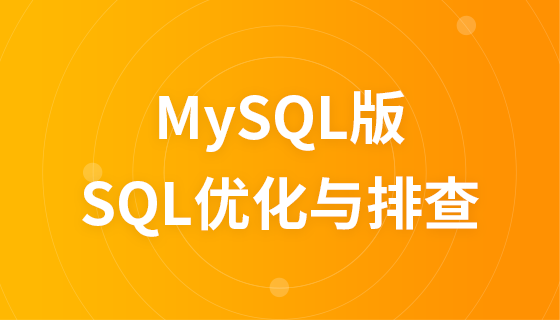JavaScript syntax
avaScript is a programming language. Grammar rules define the structure of a language.
JavaScript Syntax
JavaScript is a scripting language.
It is a lightweight, yet powerful programming language.
JavaScript Literal
In a programming language, a literal is a constant, as in 3.14.
Number literal can be an integer or a decimal, or scientific notation (e).
php中文网(php.cn)
Run the program and try it
String literal You can use single quotes or double quotes:
php中文网(php.cn) andy
Run the program and try it
Expression literals are used for calculations:
php中文网(php.cn)
Run the program and try it
Array (Array) literals define an array:
[40, 100, 1, 5, 25, 10]
Object literal defines an object:
{firstName: "John", lastName:"Doe", age:50, eyeColor:"blue"}
Function (Function) literal defines a function:
function myFunction(a, b ) { return a * b;}
#JavaScript Variable
Run the program and try itphp中文网(php.cn)
JavaScript Operator
JavaScript uses arithmetic operators to calculate values:Run the program to try itphp中文网(php.cn)
JavaScript uses assignment operators to variables Assignment:
Run the program and try itphp中文网(php.cn)
The JavaScript language has many types of operators:
JavaScript Statement
In HTML, a JavaScript statement is a command issued to the browser.
Statements are separated by semicolons:
x = 5 + 6;
y = x * 10;
JavaScript keywords
JavaScript statements usually begin with keywords. The var keyword tells the browser to create a new variable:
var x = 5 + 6;
var y = x * 10;
JavaScript Keywords
Like any other programming language, JavaScript reserves some keywords for its own use.
JavaScript also reserves some keywords that are not used in the current language version, but will be used in future JavaScript extensions.
JavaScript keywords must begin with a letter, an underscore (_), or a dollar sign ($).
Following characters can be letters, numbers, underscores or dollar signs (numbers are not allowed to appear as the first character, so that JavaScript can easily distinguish keywords and numbers).
The following are the most important reserved words in JavaScript (in alphabetical order):
| Instance | Description | |
|---|---|---|
| = + - * / | Description in JS operators | |
| == != < > | Comparison in JS Operators are described in |
| abstract | else | instanceof | super |
| boolean | enum | int | switch |
| break | export | interface | synchronized |
| byte | extends | let | this |
| case | false | long | throw |
| catch | final | native | throws |
| char | finally | new | transient |
| class | float | null | true |
| const | for | package | try |
| continue | function | private | typeof |
| debugger | goto | protected | var |
| default | if | public | void |
| delete | implements | return | volatile |
| do | import | short | while |
| double | in | static | with |
JavaScript 对大小写敏感。
JavaScript 对大小写是敏感的。
当编写 JavaScript 语句时,请留意是否关闭大小写切换键。
函数 getElementById 与 getElementbyID 是不同的。
同样,变量 myVariable 与 MyVariable 也是不同的。

![Front-end Vue3 actual combat [handwritten vue project]](https://img.php.cn/upload/course/000/000/068/639b12e98e0b5441.png)
![APIPOST tutorial [Popularization of technical concepts related to network communication]](https://img.php.cn/upload/course/000/000/068/63996f34c6c94370.png)










